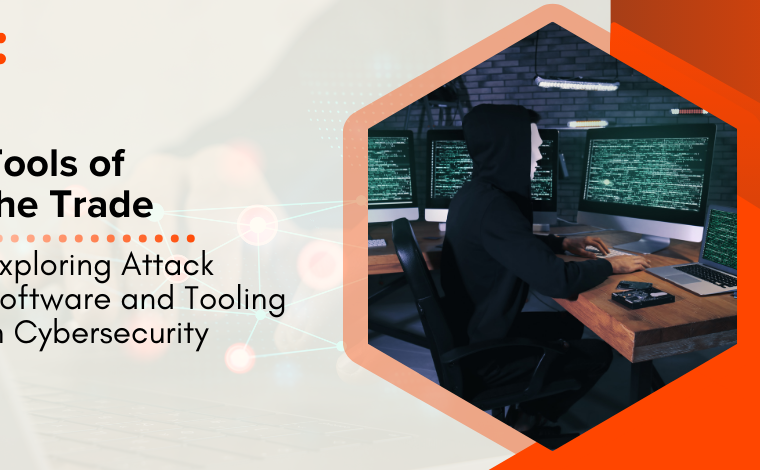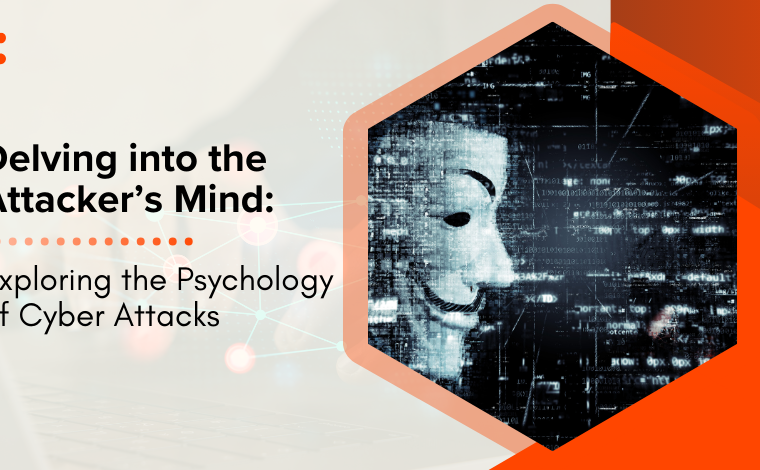How to Get Into Cybersecurity: A Comprehensive Guide

Stay Informed With Our Weekly Newsletter
Receive crucial updates on the ever-evolving landscape of technology and innovation.
Cybersecurity has become an indispensable field in today’s digital landscape.
With the increasing dependence on technology and the rise in cyber threats, the demand for skilled professionals in this domain has skyrocketed.
Would you like to get into cybersecurity?
This comprehensive guide will provide the essential information you need to get started.
Get into cybersecurity: understanding the basics

Defining cybersecurity: what does it entail?
Cybersecurity protects computer systems, networks, and data from potential threats, such as unauthorized access, breaches, and attacks.
It includes a range of practices, technologies, and processes designed to safeguard digital assets and maintain information integrity, availability, and confidentiality.
One of the critical elements is network security, which involves protecting the communication channels and infrastructure that enable data transfer.
This includes implementing firewalls, intrusion detection systems, and encryption protocols to prevent unauthorized access and data breaches.
The importance of cybersecurity in today’s digital age
Cybersecurity is vital in safeguarding businesses, government organizations, and individuals from the ever-evolving threat landscape in today’s increasingly digitized world.
Cyber attacks can result in catastrophic financial and reputational damage, making it crucial for organizations to invest in robust security measures and highly skilled professionals to combat cyber threats effectively.
As technology continues to advance, so do the tricks used by cybercriminals.
From phishing emails and malware to ransomware and social engineering, the methods employed by hackers are becoming more sophisticated and more complex to detect.
This highlights the need for continuous monitoring, threat intelligence, and proactive defense mechanisms to stay one step ahead of cyber threats.
Furthermore, the increasing reliance on cloud computing and the Internet of Things (IoT) has exploded the attack parameters for cybercriminals.
With more devices connected to the internet, hackers can exploit more potential entry points.
This necessitates a comprehensive cybersecurity approach covering traditional IT systems, cloud-based services, and IoT devices.
Effective cybersecurity measures can help organizations comply with regulatory requirements and industry standards.
Many sectors have specific data protection regulations that organizations must adhere to.
Businesses can build trust with their customers and partners by implementing robust security controls and demonstrating compliance.
Get into cybersecurity: essential skills and knowledge
A strong foundation in technical knowledge is essential to excel in cybersecurity.
Proficiency in programming languages, networking protocols, operating systems, and databases is highly desirable.
A deep understanding of encryption techniques, vulnerability assessment, risk management, and incident response is crucial to identify and mitigate potential threats effectively.
The role of formal education in cybersecurity
While formal education isn’t always a prerequisite for a career in cybersecurity, obtaining a degree or certification in a relevant field can significantly enhance your prospects. Additionally, certifications such as:
- Certified Ethical Hacker (CEH),
- Certified Information Systems Security Professional (CISSP),
- Certified Information Security Manager (CISM), and
- the Institute of Data’s Cybersecurity program can validate your expertise and make you more marketable to potential employers.
Get into cybersecurity: exploring different career paths

Job roles and responsibilities to get into cybersecurity
Cybersecurity offers a diverse range of career paths, each with its own unique set of responsibilities. Some popular job roles include:
- Security Analyst
- Penetration Tester
- Security Engineer
- Security Consultant
- Forensic Analyst
These roles involve analyzing security vulnerabilities, conducting risk assessments, implementing security measures, and responding to security incidents.
The pros and cons of various cybersecurity roles
Each cybersecurity role has its advantages and challenges. For example, as a security analyst, you may work on identifying and mitigating security risks but face high-stress situations when responding to incidents.
On the other hand, as a penetration tester, you can uncover vulnerabilities in systems and networks, but it requires continuous learning to stay ahead of cybercriminals.
When choosing a specific cybersecurity path, it’s important to consider your interests, strengths, and career goals.
Steps to kickstart your career
Gaining relevant experience and building your portfolio to get into cybersecurity
One of the most effective ways to break into the cybersecurity field is by gaining practical experience and building a solid portfolio.
Participate in capture-the-flag competitions, internships, and volunteer opportunities that provide hands-on experience in real-world scenarios.
Upskilling with reputable certifications, like the Institute of Data’s Cybersecurity program, is a smart way to boost your portfolio and an excellent avenue for networking with like-minded professionals.
Additionally, contributing to open-source projects and conducting independent research can showcase your skills and commitment to the field.
Networking and finding mentorship in the cybersecurity industry
Networking is crucial in the cybersecurity industry. Attend conferences, join professional associations, and engage with peers and industry experts on social media platforms.
Building connections can provide valuable insights, job leads, and mentorship opportunities, enabling you to increase your skills and stay up-to-date with the latest trends in cybersecurity.
Get into cybersecurity: navigating the job market

Preparing for job interviews in cybersecurity
When applying for cybersecurity positions, preparing yourself for the rigorous interview process is essential.
Brush up on your technical knowledge, practice solving security-related problems, and be ready to demonstrate your problem-solving abilities and critical thinking skills.
Stay updated with industry trends and be familiar with common security frameworks and compliance standards.
Get into cybersecurity: understanding the job market
Are you keen to get into cybersecurity? The job market for cybersecurity professionals is highly competitive, with a growing demand for skilled individuals.
To stay ahead, it’s essential to keep abreast of the latest developments in the field.
Develop expertise in emerging domains such as cloud security, artificial intelligence-powered threat detection, and IoT security.
Continuous learning and upskilling through online courses, workshops, and certifications will ensure you remain relevant and sought after in this dynamic industry.
Conclusion
As you embark on your journey toward a career in cybersecurity, remember that dedication, continuous learning, and a passion for technology are key.
By understanding the basics, honing your skills, and leveraging the opportunities available, you can pave your way to a successful and fulfilling career in this ever-evolving field.
Are you ready to get into cybersecurity?
The Institute of Data’s Cybersecurity program offers a balance of cutting-edge theory and industry-relevant tools to give you a competitive edge in this dynamic industry.
Nurture your passion and join our supportive network of professionals today.
Ready to learn more about our programs? Contact one of our local teams for a free career consultation today.





